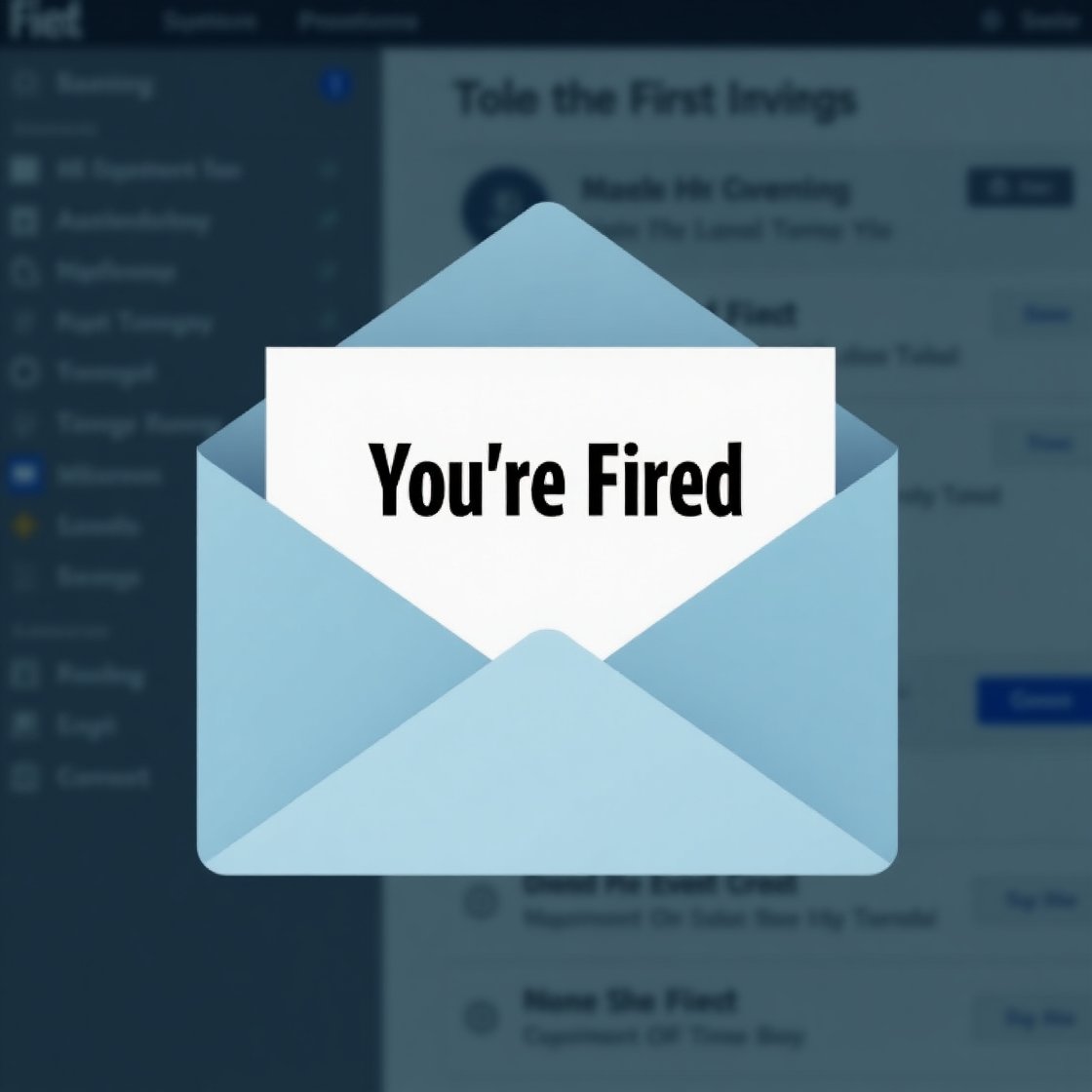Person tied to a ship’s mast in stormy seas, surrounded by flying papers, rough waves, and glowing lights on rocky shores—symbolizing focus amid chaos and distraction.
I’ve been thinking a lot about sirens. Not the ones on ambulances—the other kind. The ones Chris Hayes describes in The Sirens’ Call: mythic, seductive, dangerous. They don’t just scream for your attention—they lure it, sing to it, steal it. And they drag you straight into the rocks.
What happens when an entire government starts operating like that?
Over the past few weeks, the Trump administration has turned civil rights enforcement into political theater. Agencies like the EEOC and Federal Communications Commission are being used not to protect marginalized groups—but to punish them. DEI programs that once opened doors for Black and Brown students, queer workers, and yes, disabled professionals, are being framed as threats. The EEOC has launched investigations into university internships and law firm diversity programs. The FCC is probing The Walt Disney Company over inclusive storytelling. The OFCCP, once a watchdog for federal contractor discrimination, is being gutted from the inside. And while that’s happening, the president is casually floating the idea of a third term—telling NBC News, “There are methods.”
It’s not just authoritarian. It’s a masterclass in distraction. And in that swirl of headlines and spectacle, something deeply dangerous is happening: disabled people are disappearing from the narrative. Again.
We are not just being excluded. We are being erased. DEI policies that included disability are being dismantled. Federal workers with disabilities—many who’ve built careers serving their country—are being laid off or pushed out, quietly and en masse. States like New York and Wisconsin are scrambling to rehire them, but the national spotlight is elsewhere. The sirens are too loud.
Chris Hayes writes, “Attention is the substance of life… Every moment we are awake, we are paying attention to something.” That means what we don’t pay attention to? It can be just as powerful. Just as dangerous. I’ll be honest—this isn’t theoretical for me. I’ve been in the rooms where disability was a box no one wanted to check. Where accessibility was always someone else’s job. Where inclusion didn’t extend to people like me. And now those gaps have become openings for erasure, policy by policy, silence by silence.
We’re watching a full-scale rollback of civil rights—framed as “equity” for those who already hold power—and it’s working because we’re not paying attention to who’s falling through the cracks. Especially disabled folks. Especially those at the intersection of race, gender, and disability.
So here’s my ask: Pay attention. Look past the spectacle. Follow the stories that aren’t being told. Because attention isn’t just a resource. It’s a form of protection. And when we withhold it, people get hurt.
The sirens are singing louder every day. Some of us are still tied to the mast. Don’t look away.










